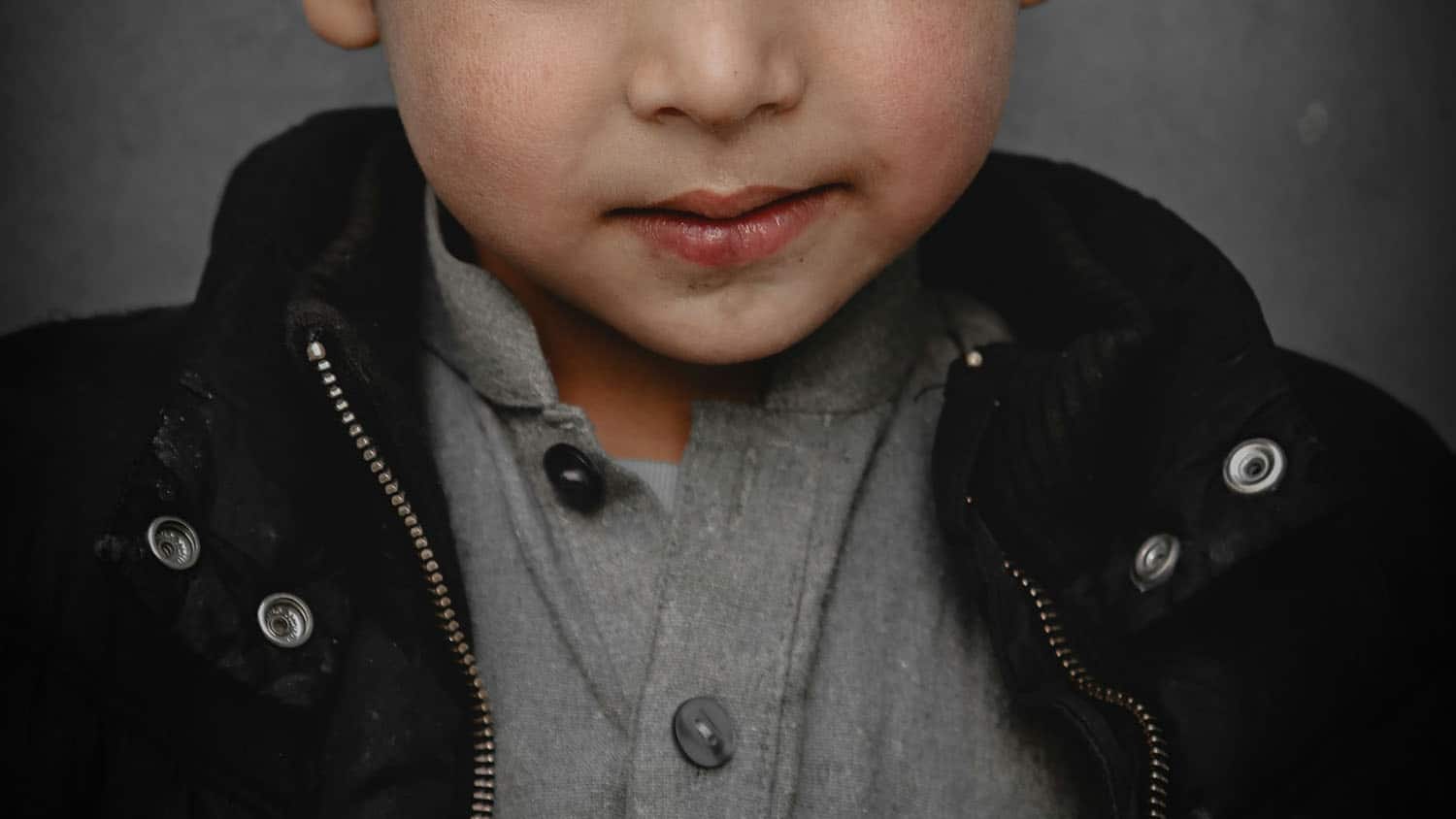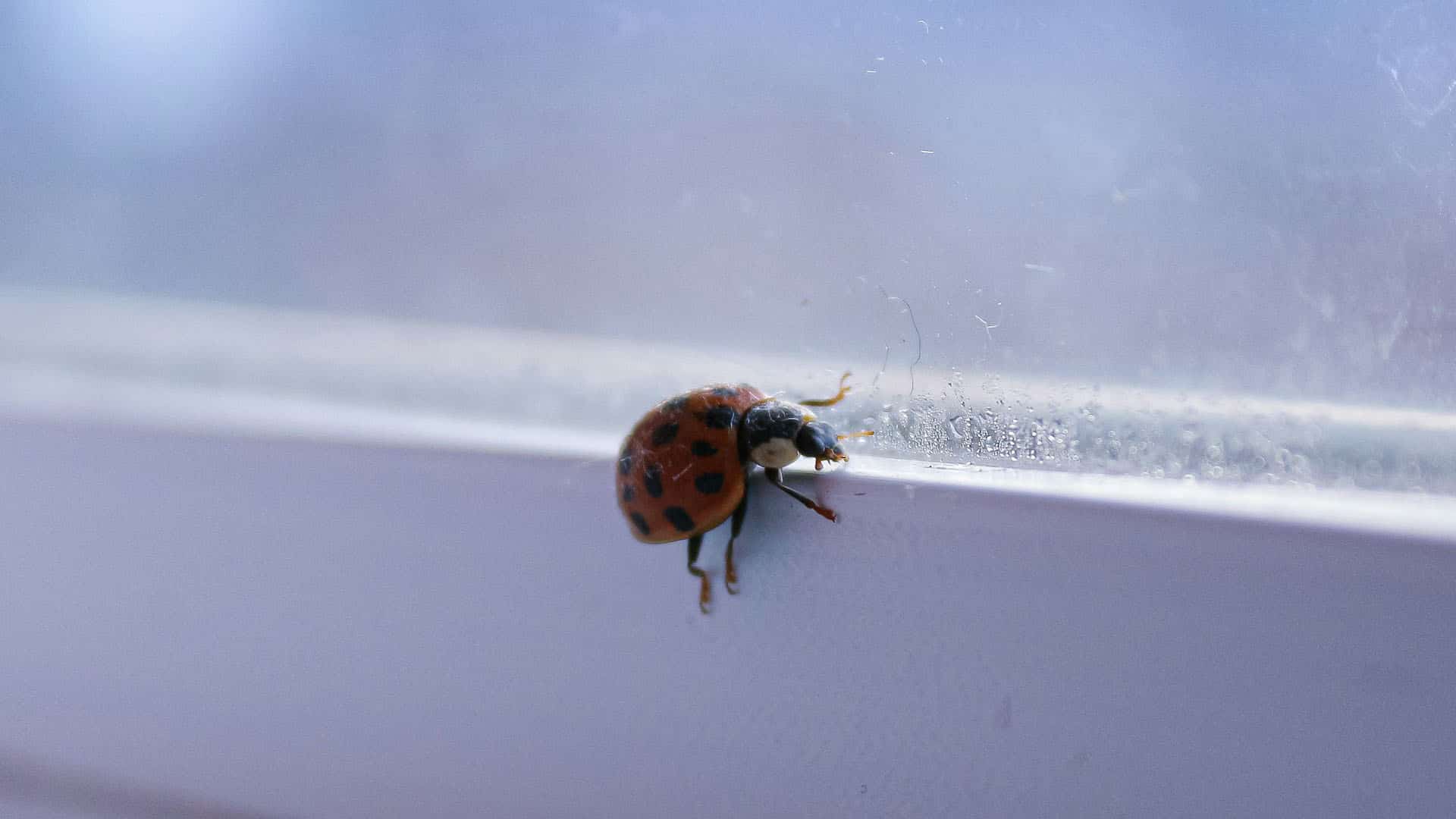How to Talk to and Support Your Child After a Natural Disaster

This post was written by University Communications intern, and NC State student, Erin Ferrare.
Many people are still recovering from damage caused by Hurricane Helene, and parents and guardians may be wondering how to talk to children about the natural disaster and its effects on the community. What can we do to support young kids in this challenging time?
To learn more, we talked with Sudha Sankar, an assistant professor in relationship education at NC State and a licensed family therapist (LMFT). Sankar’s research focuses on the translation of family science and research into effective community education to address health, mental health and relational health challenges.
The Abstract: How can you explain a natural disaster in an age-appropriate way?
Sankar: It’s helpful to understand that for children, when recovering from a natural disaster, it’s all about establishing trust and safety. Everything you do, including how you talk about the event, it’s best to aim for creating a sense of trust. With very young kids, and even slightly older kids, it’s useful to use words and a level of language they already understand and that is not too frightening to them. Giving children the context of the disaster and transitioning them to a place where they are able to see the good things in their current environment will help them feel safe.
TA: How do you balance honesty when talking to your child about the disaster without promoting unnecessary fear?
Sankar: It’s a tough balance to strike, but I think it’s about trying to manage the level of exposure your children have. We don’t get to control the experience of a natural disaster or what we lost, but we may be able to control what our children are seeing on television and what they’re hearing from other people. Television coverage can be especially frightening, and a child can see the visual of the event that way, and that could be too much for a kid to process all at once.
TA: What is a good starting point for parents when having these conversations?
Sankar: Children are going to experience these events, denying it doesn’t help them. Saying “Everything is going to be okay” all the time doesn’t help them either. The balance lies in parents first being aware of and being honest about their emotions, and sometimes that’s about finding the social support they [the parents] need. Finding people that you as an adult can talk to and express your feelings to is an important step. Then be present and model it to your child.
TA: What strategies can parents use to help children feel safe after hearing about or experiencing a natural disaster?
Sankar: Children often don’t have the words to describe how they are feeling, especially younger children, so you might have to observe them closely to see how they are handling an event. Parents can then reflect back to their children what they might be feeling, like offering words that could describe what they are going through. Parents sharing the experience with the child can offer them a way to process whatever they might be feeling. Physical touch whenever possible is also incredibly effective. Hugs and holding your child are about love but are also about regulating the nervous system. When you get a hug, your dysregulated nervous system finds a way to regulate itself, which is incredibly powerful.
TA: How do parents support children who didn’t live through the disaster firsthand? What if this is the child’s first introduction to natural disasters?
Sankar: One thing that could be relevant to both children who have directly experienced the event and those who are observing is understanding that for children, agency is important. Think about it, children are already so dependent on adults and there is so little they have control over. With something like a natural disaster, it takes away all their agency. So offering children opportunities to gain agency is important. An example can be offering a way to help and assist the affected community.
Children are very vulnerable but having the presence of supportive adults who can acknowledge the experience with them, help them process and find meaning, and engage with them in activities that can promote agency are all important.
- Categories:


